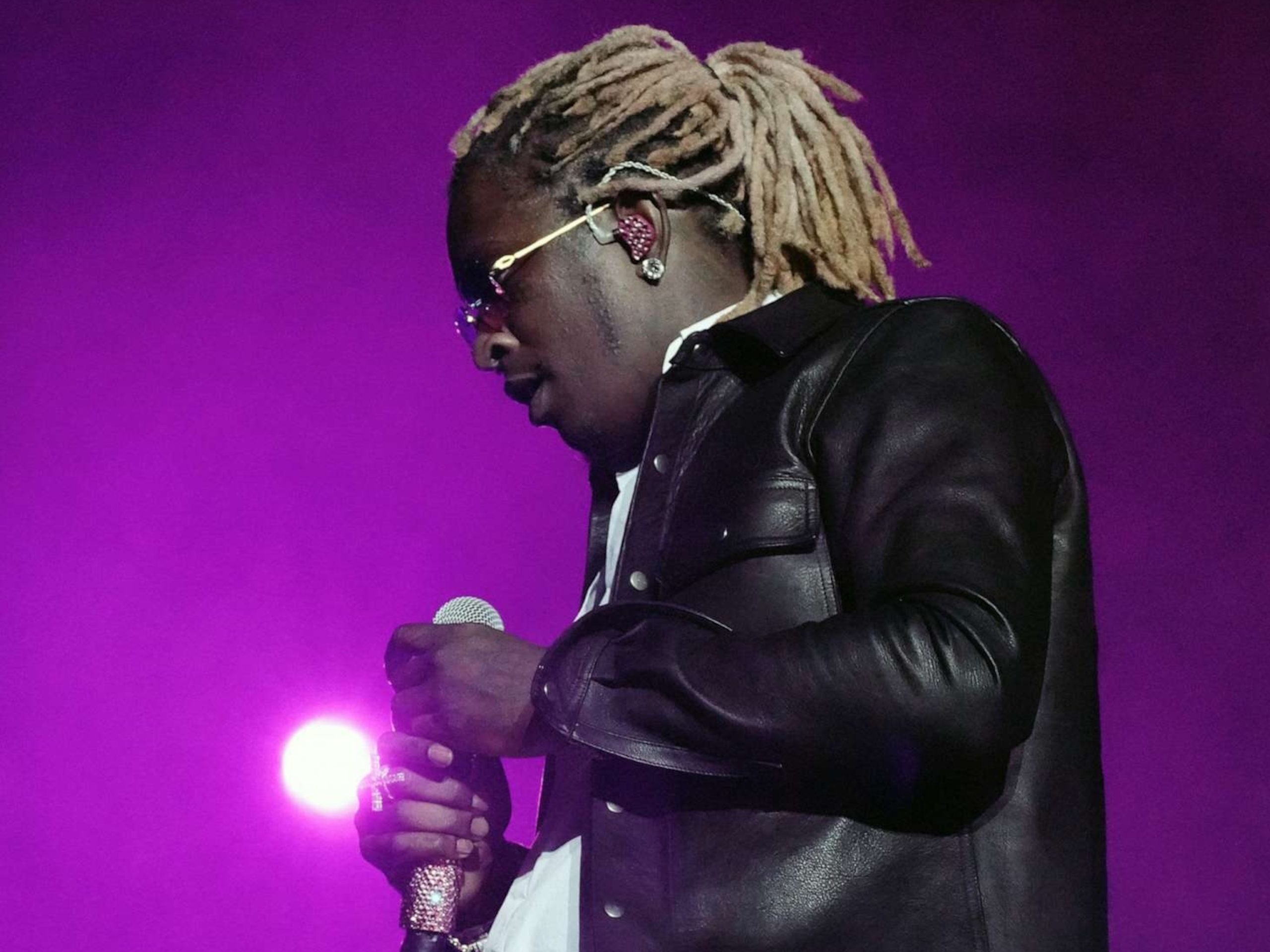Title: The Use of Rap Lyrics as Evidence in Criminal Trials: A Controversial Decision
Introduction:
In a recent and highly debated decision, a court has allowed rap lyrics to be admitted as evidence in the trial of a prominent rapper, Young Thug. This ruling has sparked a significant discussion surrounding the use of artistic expression as a means to incriminate individuals. While some argue that rap lyrics should be considered as legitimate evidence, others raise concerns about the potential infringement on freedom of speech and the potential for misinterpretation. This article aims to explore the implications of this decision and shed light on the broader debate surrounding the use of rap lyrics in criminal trials.
The Background:
The case involving Young Thug centers around allegations of violence and criminal activity mentioned in his rap lyrics. Prosecutors argue that these lyrics provide insight into the rapper’s mindset and intentions, suggesting a connection between his art and real-life actions. The court’s decision to admit these lyrics as evidence has opened up a Pandora’s box of questions regarding the boundaries between artistic expression and criminal intent.
Arguments in Favor:
Proponents of using rap lyrics as evidence argue that these songs often contain detailed descriptions of violent acts, drug use, or criminal behavior. They contend that such lyrics can provide crucial context and insight into an individual’s state of mind, intentions, or involvement in criminal activities. Supporters believe that if an artist chooses to publicly express these themes, they should be held accountable for their words, just like any other individual would be.
Moreover, advocates argue that rap lyrics should not be treated differently from other forms of evidence, such as text messages or social media posts. They argue that if these other forms of communication can be used against an individual in court, then rap lyrics should be no exception.
Concerns and Criticisms:
Critics of using rap lyrics as evidence raise several valid concerns. One primary concern is the potential misinterpretation of artistic expression. Rap music is known for its use of metaphors, hyperbole, and storytelling techniques, which can easily be misconstrued when taken out of context. Lyrics that may seem violent or threatening on the surface could be mere artistic embellishments rather than actual confessions or intentions.
Another concern is the potential infringement on freedom of speech. Artists argue that their lyrics are a form of artistic expression and should be protected under the First Amendment. They fear that allowing rap lyrics to be used as evidence may have a chilling effect on creativity and self-expression within the genre.
Furthermore, critics argue that singling out rap music as a source of evidence perpetuates racial biases and stereotypes. Rap has historically been associated with Black culture, and using lyrics against artists from marginalized communities may reinforce existing prejudices and contribute to the over-policing of these communities.
Conclusion:
The decision to allow rap lyrics as evidence in the Young Thug trial has ignited a contentious debate about the intersection of artistic expression and criminal justice. While some argue that these lyrics provide valuable insights into an individual’s mindset, others raise concerns about misinterpretation, freedom of speech, and racial biases. As this debate continues, it is crucial to strike a balance between protecting artistic expression and ensuring justice is served in criminal trials.



